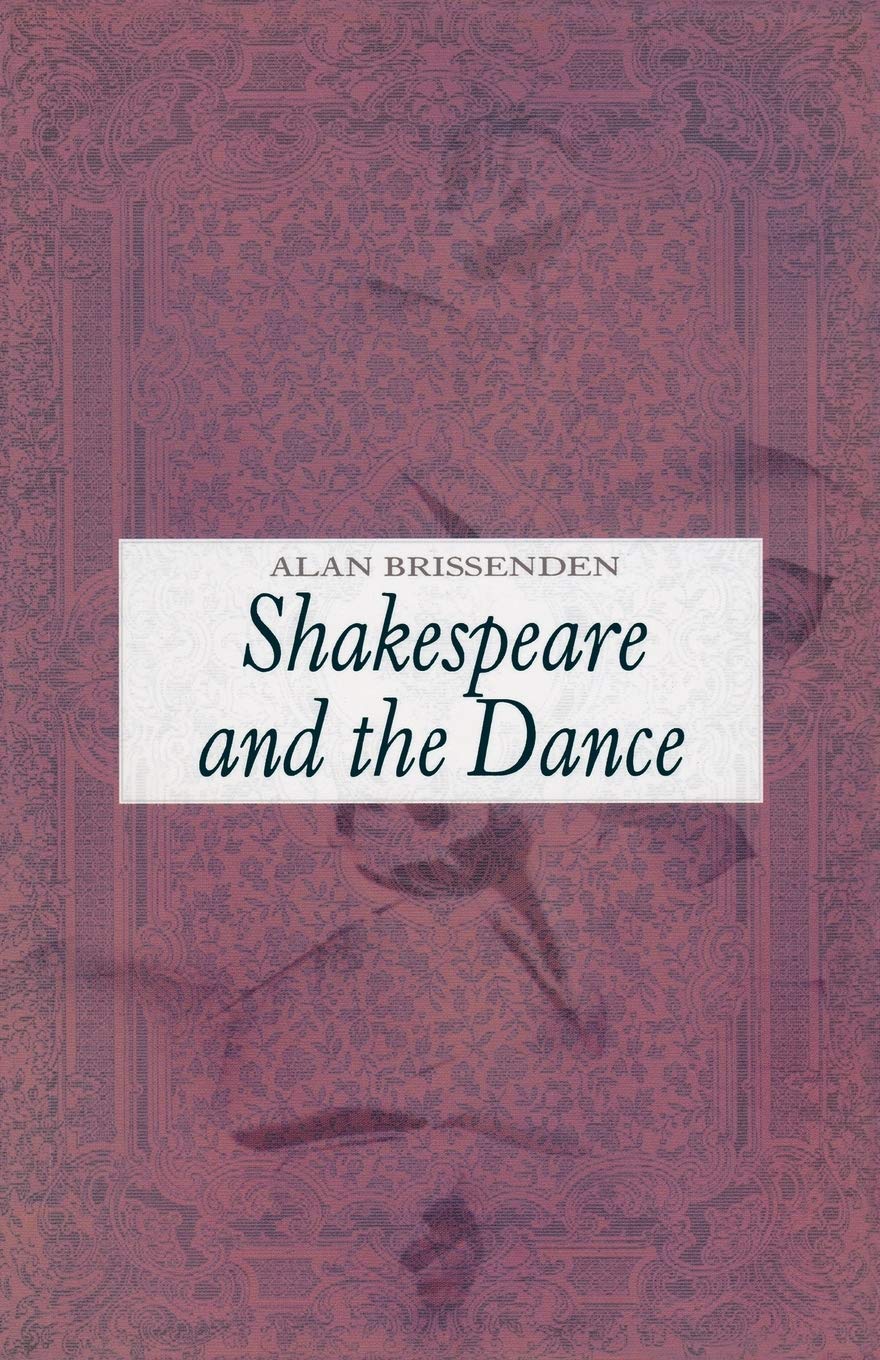Shakespeare & The Dance by Alan Brissenden
Shakespeare & The Dance by Alan Brissenden
57 in stock
Couldn't load pickup availability
Author(s): Alan Brissenden
Pub: Dance Books
Pack Qty: 50 (Paperback)
ISBN: 9781852730833 - New
Subjects: Arts & Photography, Performing Arts, Dance, Literature & Fiction, Dramas & Plays, History & Criticism
215mm x 139mm x 8mm
Publication: 24 March 2014Pages: 166
Dancing was an essential part of life in Shakespeare's England. Town and country folk danced at weddings, Maydays and other festivities. Queen Elizabeth prided herself on her skill (and danced galliards in the morning to keep fit), and dancing was the soul of the extravagant masques which so delighted King James. Puritans might furiously denounce it but it was part of the ceremonial of the Inns of Court and a necessary accomplishment for a gentleman. At the same time, as Alan Brissenden shows in this book, the dance was an accepted symbol of harmony, and it was in this way that Shakespeare used it to express one of his major themes: the attempt to achieve order in a discordant world. He included it in at least a dozen of his plays and referred to it in thirty. A valuable source for his imagery, it also illuminates character and action and in some plays helps to forward the plot. In the history plays allusions to country dance, (especially the morris, and court dances like the lavolta) support ideas of conflict and the presentation of characters, especially Henry V. While there is no dancing itself in the histories there is plenty to be found in the comedies and two chapters of the book closely examine the relation of dance to dialogue, character and plot, particularly in 'Love's Labour's Lost', 'A Midsummer Night's Dream' and 'Much Ado About Nothing'. In the tragedies dancing becomes a powerful ironic visual symbol, especially in Romeo and Juliet, Macbeth and Timon of Athens. After 1607 dance occurs in almost all of Shakespeare's plays, in such a way that it reflects and expresses the fusion of tragic and comic elements which characterize most of them. The closing chapters show how the dance relates to the cosmic ideas and imagery of these last plays from Perides to Henry VIII and suggest certain influences from the spectacular court masques of the time. In presenting his argument the author, who is a dance critic as well as an Elizabethan scholar, has drawn on manuscript sources, a wide range of contemporary writing, including dance manuals, and his own ideas in dance and theatre. This is a book for students and scholars, for editors, for theatre directors and for those interested in Renaissance dance. It is a book for everyone who delights in the riches of Shakespeare and the age in which he lived.
View full details

